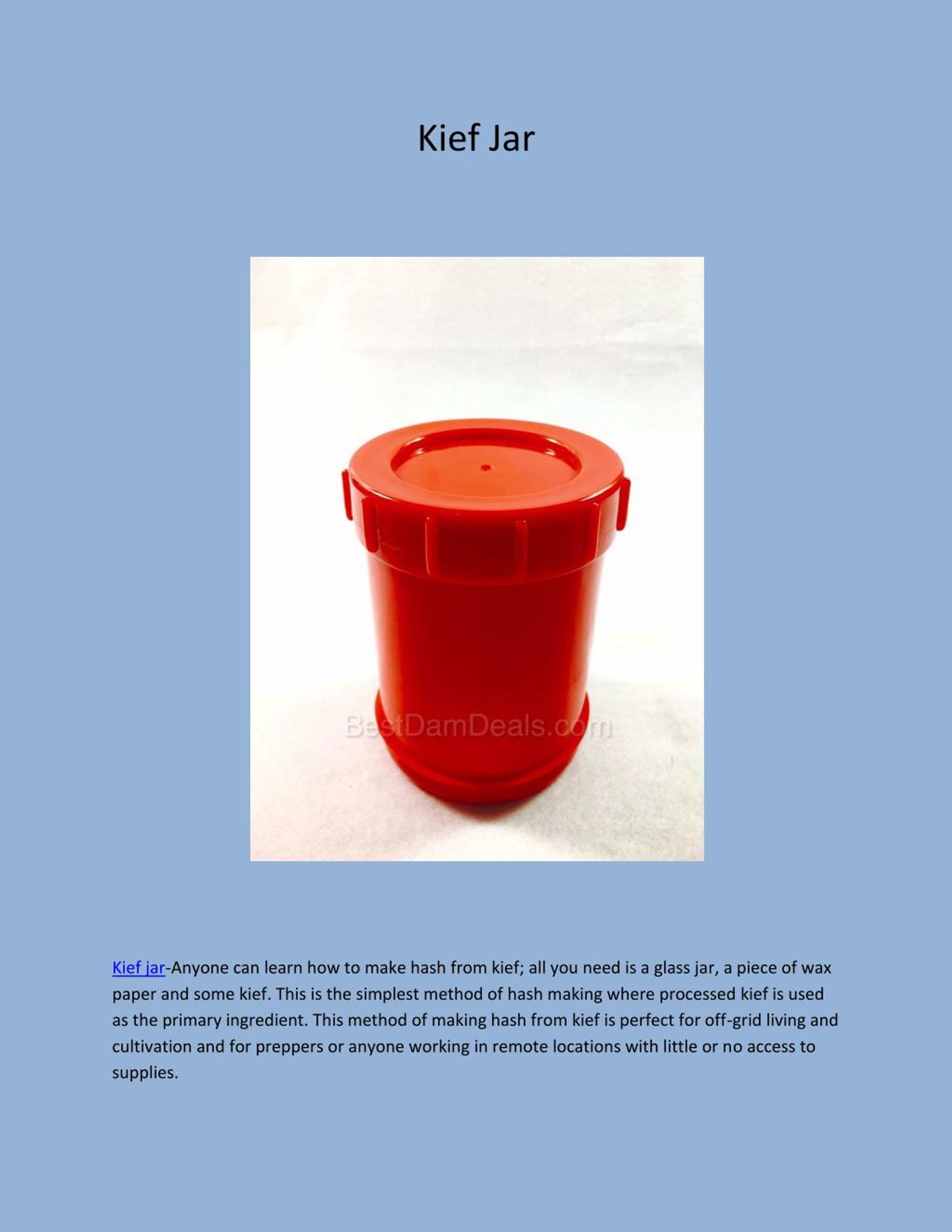

His young mind was especially susceptible to the charms of poetry, and he later credited his early exposure to Macaulay’s Lays of Ancient Rome with not only contributing toward his choice of classics as a profession but also preparing him emotionally for the eventual decision to be a citizen of a republic rather than a monarchy.

Gilbert Arthur Highet was born in Glasgow, that “hideous nineteenth- century industrial city.” His allusions to the early years were few and bleak: relief from the “glutinous gloom of a Scottish Sabbath” came from the world of books-the beginning of Highet’s lifelong passion for reading. Here his gift for communication both oral and written, combined with the astonishing range of his intellectual interests, changed for untold thousands the image of classics from that of a narrow, dusty discipline to of an exciting study with broad relevance to modem literature and life. A scholar of no inconsiderable stature, a teacher of unsurpassed skill, he was best known for his exposition of the classics to the wider public. because he wrote fluently and gracefully on many themes, not all of them classical because he talked well and often on the B.B.C.” So wrote Gilbert Highet of Gilbert Murray (The Immortal Profession, 145-146), and much the same, mutatis mutandis, might be said of Highet himself, who clearly saw in Murray’s career a model for his own. He became famous for a number of convergent reasons: because he was a superb teacher because he translated Greek dramas into modem verse. But for many years everyone in the English-speaking world who heard any mention of Greek poetry at once thought of. Housman, a diamond-hard and many-faceted genius like Wilamowitz-Moellendorff, although less widely known to the public, stood higher in the regard of their colleagues. The most highly respected in his own profession? No. “For many years he was the most famous classical teacher in the world. Ball, The Classical Papers of Gilbert Highet (New York, 1983).Bibliography: The Classical Papers. 2-3 (New York, 1943-4) Beginning Latin (Oxford, 1938) The Classical Tradition (New York, 1949) The Art of Teaching (New York, 1950) People, Places, and Books (New York, 1953) Juvenal the Satirist (New York, 1954) Man's Unconquerable Mind (New York, 1954) The Migration of Ideas (New York, 1954), also published with the preceding as The Mind of Man (London & New York, 1954) A Clerk of Oxenford (New York, 1954) Poets in a Landscape (New York, 1957) Talents and Geniuses (New York, 1957) The Powers of Poetry (New York, 1960) The Anatomy of Satire (Princeton, 1962) Explorations (New York, 1971) The Speeches in Vergil's Aeneid (Princeton, 1972) The Immortal Profession (New York, 1976).Īrticles (Selected): “The Life of Juvenal,” TAPA 68 (1937) 480-506 “Petronius the Moralist,” TAPA 72 (1941) 176-94 “Rostagni's La let-teratura di Roma repubblicana ed Augustea,” (review) AJP 63 (1942) 92-104 “The Shipwrecked Slaver,” AJP 63 (1942) 462-6 “The Philosophy of Juvenal,” TAPA 80 (1949) 254-70 “Juvenal's Bookcase,” AJP 12 (1951) 369-94 “Sound-Effects in Juvenal's Poetry,” SPh 48 (1951) 697-706 “Libertino Patre Natus,” AJP 94 (1973) 268-81 “The Huntsman and the Castaway,” GRBS 14 (1973) 35-40 “Consonant Clashes in Latin Poetry,” CP 69 (1974) 178-85 “Lexical Notes on Dio Chrysotom,” GRBS 15 (1974) 247-53 “Speech and Narrative in the Aeneid,” HSCP 78 (1974) 189-229 “Masks and Faces in Satire,” Hermes 102 (1974) 321-37 “Lexical and Critical Notes on Dio Chrysostom,” GRBS 17 (1976) 153-6 “Mutilations in the Text of Dio Chrysostom,” in Ball (see below), 74-99.Kleine Schriften: R. Jaeger, Paideia: The Ideals of Greek Culture (trans.) vol. Mayer, Friedrich Engels: A Biography (trans. with Helen Highet) (London, 1934) An Outline of Homer (London, 1935) G. Kiefer, Sexual Life in Ancient Rome (trans. Board of Judges, Book-of-the-Month Club, 1954-77 chair edit. & lit., 1950-72 Guggenheim fell., 1951 chief literary critic, Harper's Magazine, 1952-4 mem.

(Logan Memorial Medal & Prize) Glasgow, 1928 D.


 0 kommentar(er)
0 kommentar(er)
